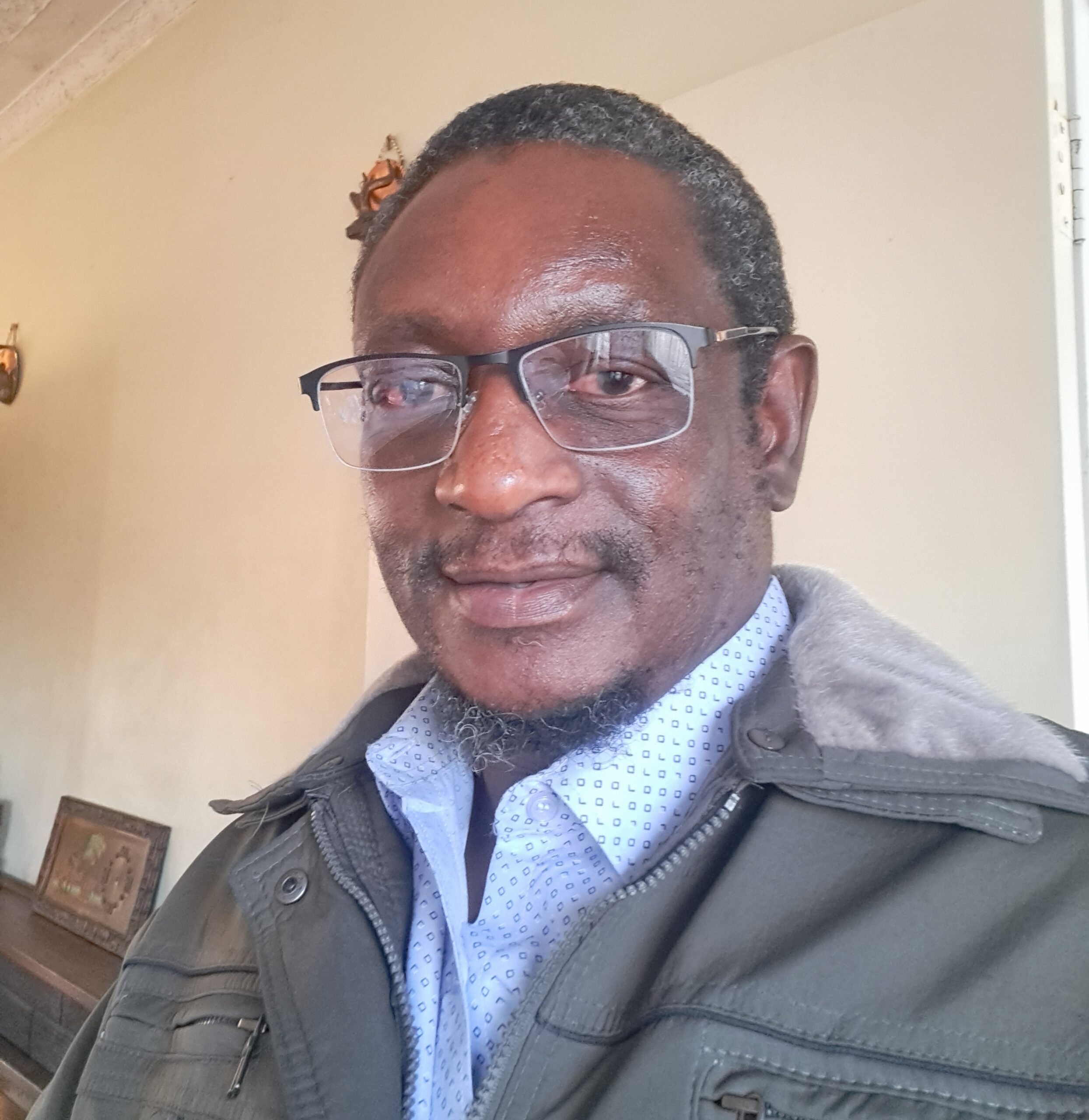This institution is currently under construction in the city of Kwekwe.
Indeed, the world over, there are numerous universities and faculties named after prominent individuals.
However, these personalities are usually chosen on the basis of their immense recognizable contribution, either to the particular field or the university itself.
For instance, Konrad Emil Block, who won the Nobel Prize in Physiology or Medicine in 1964, had a faculty in this field named after him at Harvard University.
Others have their names given to university departments or even residences on the basis of having founded the institutions or made considerable financial contributions to their work.
Bard College in New York was named after its founder John Bard, whilst the Harvey Mudd College in California was in honor of its benefactor, who sadly died before its opening.
There are also others named after prominent figures either in politics or civil rights, like the Martin Luther King Jr Research and Education Institute at Stanford University.
However, it is only in Zimbabwe (or maybe other dictatorships) where a university faculty is named after a sitting head of state.
The norm in more democratic states is for this recognition to be bestowed posthumously or after retirement.
The Bush School of Government and Public Service at Texas A&M University is one of numerous examples in the US.
Yet in Zimbabwe, we find a law school named after a sitting president.
That is practically unheard of in a modem society.
What justification was there in naming a faculty at MSU the E.D. Mnangagwa Law School?
What has he done either to the university or law profession to warrant such an honour – more so when still alive and in office?
What is his track record as a lawyer?
Is there anything that he has done in the legal profession that distinguishes him from the rest?
In fact, some have even gone as far as querying his claims to possessing a law degree.
It was perfectly logical for the law faculty at the GZU (Great Zimbabwe University) to have been named after a legal mastermind and pioneer as the late Herbert Wiltshire Chitepo – the country’s first black lawyer.
Exceptions to the ‘rule’ are usually made for founding leaders of nations – as with Nelson Rolihlahla Mandela in South Africa, or George Washington in the US, or even our own Robert Gabriel Mugabe.
Nonetheless, Mnangagwa is not a founding president.
In fact, he ousted Mugabe – his long-term mentor – in a military coup d’état in November 2017.
We have observed, in utter horror, the same happening in the naming of streets.
Why would any road be given the name of a sitting leader?
If anything, Mnangagwa actually had the gull to rename R.G. Mugabe Street in Kwekwe after himself!
How vindictive can one get?
That is where this entire thing becomes problematic.
It all smacks of bootlicking and hero-worshipping or a leader imposing himself on a country.
Is that not why we then see these state universities falling over each other, awarding dubious honorary degrees on the first family?
Is this all about carrying favor with the ruling elite?
If these leaders want their names at major institutions or on buildings and streets, then they need to learn to retire from office when they are still on top of the game.
They can then live out their old age enjoying the recognition they certainly deserve.
However, they can not do that since they know fully well how they have ruined the country and the livelihoods of millions.
They have no real legacy to leave behind.
Nonetheless, it is quite embarrassing watching as our leaders force the nation to recognize and honor them.
● Tendai Ruben Mbofana is a social justice advocate and writer. Please feel free to WhatsApp or Call: +263715667700 | +263782283975, or email: mbofana.tendairuben73@gmail.com, or visit website: https://mbofanatendairuben.news.blog/
Post published in: Featured


